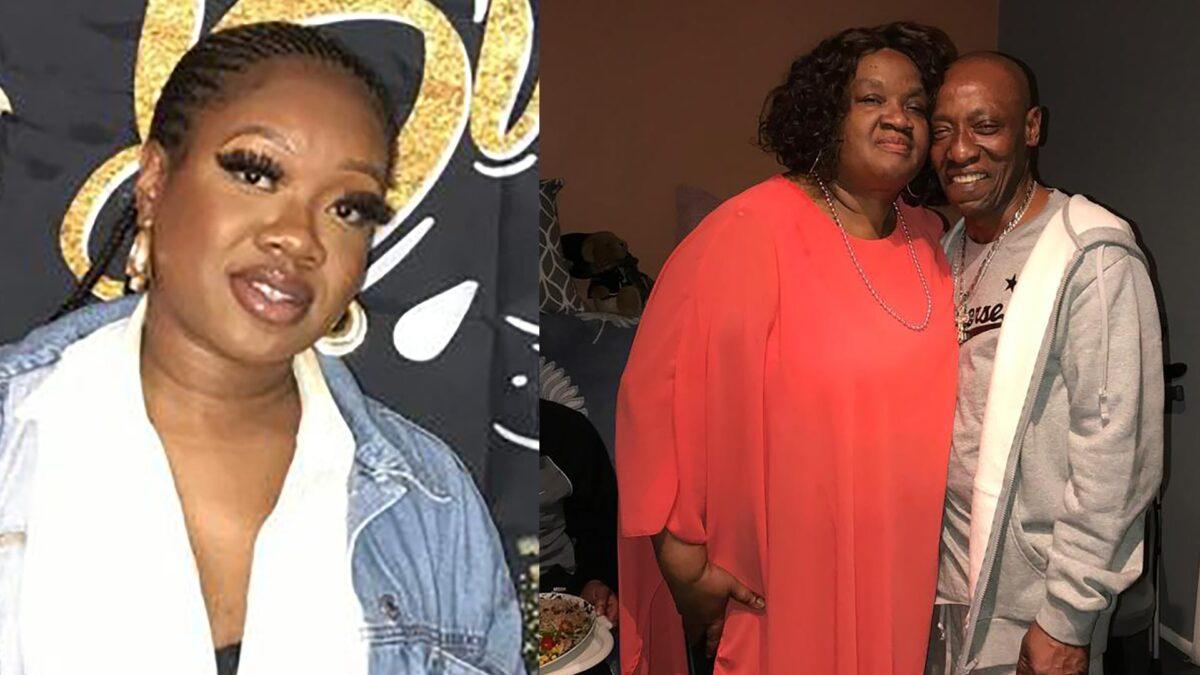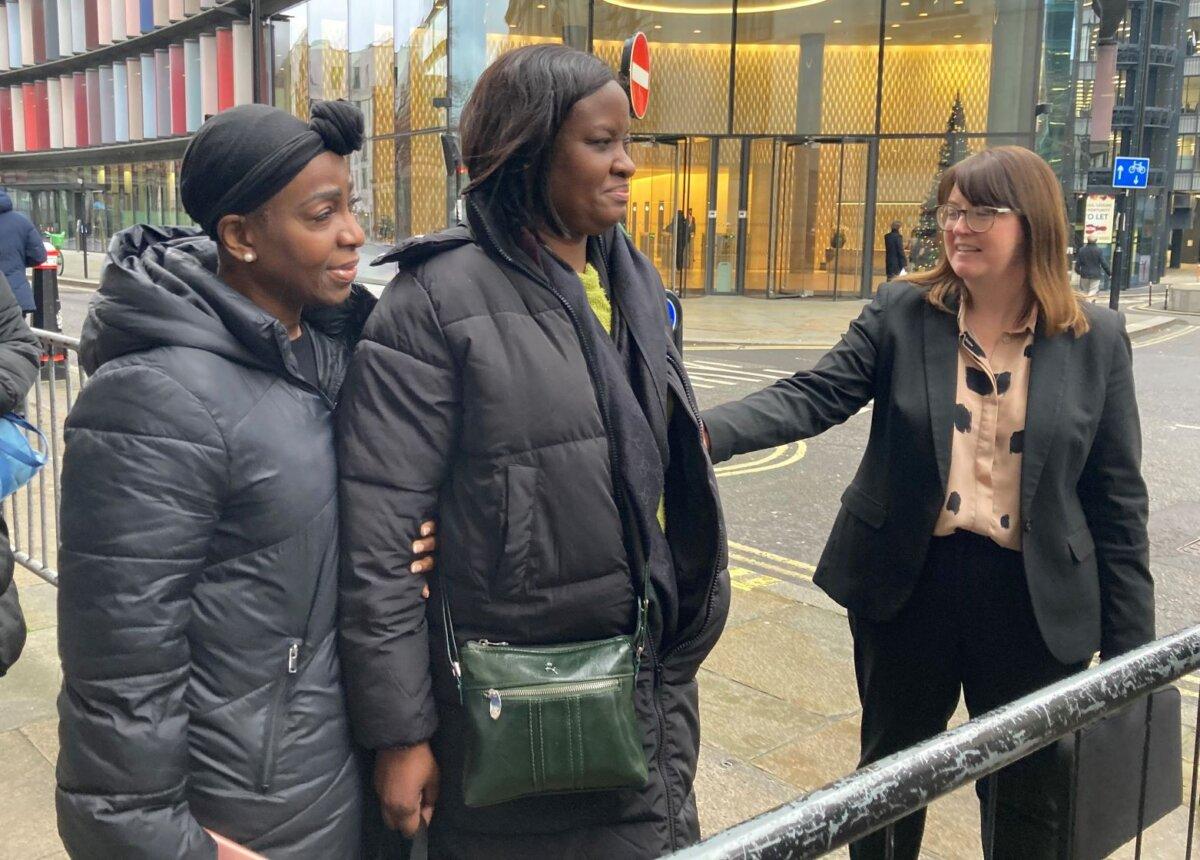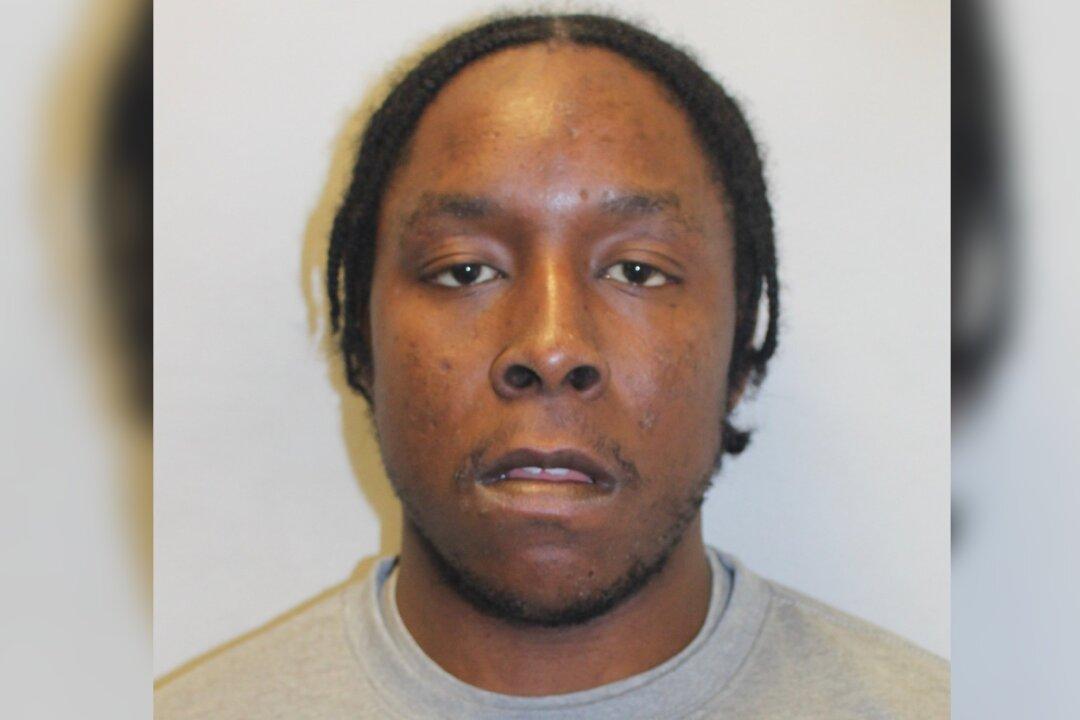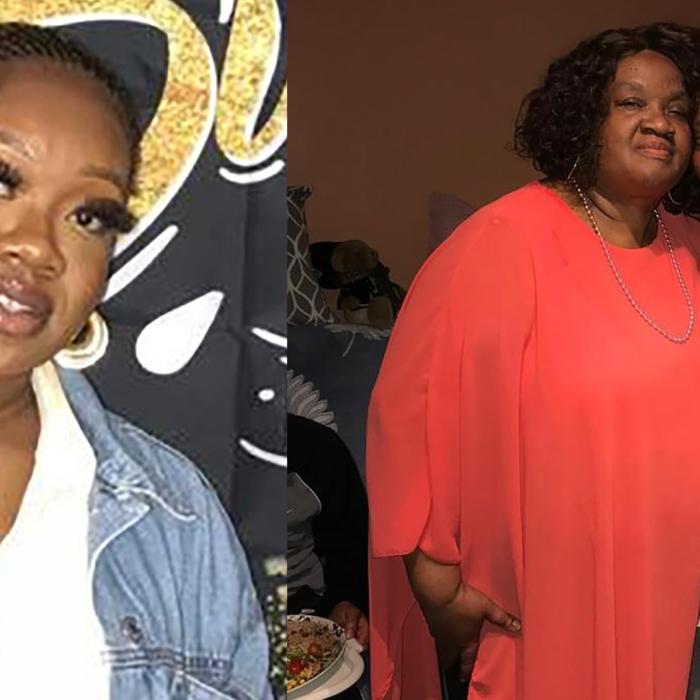LONDON—A prolific user of cannabis who stabbed to death his girlfriend, her mother, her grandmother, and the grandmother’s partner in a horrific night of violence at their home in south London has been jailed for a minimum of 46 years.
The case highlights a link between cannabis and psychosis, which can in rare instances lead to horrific violence.
Dr. Ken Finn, a pain medicine specialist in the United States and an expert on the effects of cannabis, said cases like that of Jacques were not common, but he told The Epoch Times, “There appears to be an increase in cannabis psychosis-related violence.”
On the night of April 24–25, 2022 Jacques stabbed to death his girlfriend, Samantha Drummonds, 27, her mother Tanysha Ofori-Akuffo, 45, her grandmother Dolet Hill, 64, and Ms. Hill’s partner, Denton Burke, 58.
He piled the three women’s bodies on top of each other in the kitchen and left Mr. Burke’s at the foot of the stairs.
Armed police who arrived at the house in Bermondsey found Jacques naked and in a praying position in an upstairs bathroom.
Jacques said, “Allah, take me,” “kill me now,” and “get rid of me,” and was singing, “I’m coming home, I’m coming home,” before police used a stun gun on him and took him into custody.
When Jacques was charged with the murders he denied them, and instead admitted manslaughter by diminished responsibility, claiming he had an underlying mental illness.
But the Crown Prosecution Service refused to accept his plea.
‘Transient Psychotic Disorder’
“This, we say, led to a transient psychotic disorder not meeting the requirements for the defendant to make out a partial defence of diminished responsibility,” added Mr. Emlyn-Jones.The jury agreed with the prosecution and found Jacques guilty of the four murders.

Defence counsel Paul Raudnitz, KC told the hearing that while Jacques had “behaved very strangely” and been an “extreme nuisance” during previous psychotic episodes brought about by the use of cannabis, he had never before been violent.
Mr. Raudnitz said, “He was not smoking cannabis that night knowing there was a risk of violence.”
During the trial Jacques said he had smoked three grams of skunk cannabis a day and had told friends he would carry on smoking marijuana “even if it killed” him.
The judge noted that in April 2016 it was suggested to Jacques he should stop smoking cannabis but he said he would not just because “a white person told him to.”
In that same month he had a mental health assessment after being seen drinking water from a toilet.
Two years later he was detained under the Mental Health Act after he was seen praying in the middle of the road in Brixton, south London. He spent more than three months in hospital.
Jacques was jailed for conspiring to deal heroin and crack cocaine in February 2020 and was released on Nov. 11, 2021, five months before the murders.
Scientists have been aware of a link between cannabis and psychosis for several years but it appears the potency of the drug available on the street has gone up, increasing the likelihood of users having psychotic episodes.
Link Between Psychosis and High Potency Cannabis
She found almost a third of new cases of psychosis in London were linked to the use of high potency cannabis.Dr. Finn said, “From a scientific perspective, the data is becoming more clear regarding cannabis, potency, and psychosis.”
He said: “Psychosis is a complicated medical condition and can vary from transient and mild symptoms to full blown psychosis, with a link to schizophrenia, which is on the spectrum of psychoses.”
Dr. Finn said cannabis had a higher conversion rate to psychosis than any other substance.
The researchers also pointed out, “Cannabis potency measured by the percentage of delta-9-tetrahydrocannabinol (THC) has increased dramatically, from 10 percent in 2009 to 14 percent in 2019 in the U.S. and from 13 percent in 2006 to 30 percent in 2016 in Denmark.”
Girlfriend Did Not Know What ‘Triggered’ Killer
The Jacques trial heard that on the day of the killing, Ms. Drummonds sent her best friend a voice note in which she said, “In a nutshell Josh is basically getting to the point where he could basically have an episode, like, I don’t know what’s triggered him.”A few hours before she was murdered, Ms. Drummonds rang a friend, Rutanya Ford, and told her, “My partner’s got mental health and we are just trying to sort him out right now … we just need to get him something, some medication to calm him down.”
Ms. Ford said she could hear Jacques in the background repeatedly singing “I’m coming home” to the tune of the 1990s football song.
Psychotic episodes linked to high-strength cannabis have also emerged in North America.
The trial heard she also stabbed herself in the face and attacked her pet dog.
Adam Kehl, 31, was given a five year sentence by a Canadian court in 2019 after admitting stabbing and beheading his 67-year-old father John while under the influence of cannabis.
The court heard he threw his father’s head into Kahshe Lake in Ontario and shouted, “I am free.”
When a police officer overpowered him and asked his name, he replied, “Adam, the devil.”

Mr. Sabet, a former White House drug policy adviser to former presidents Bill Clinton, George W. Bush, and Barack Obama, said, “Those with preexisting mental health conditions, including psychosis, are more likely to misuse marijuana, signalling a bidirectional relationship between the two.”
He said cannabis-induced psychosis is associated with paranoia, delusions, and hallucinations and he added, “Approximately one in three individuals who have cannabis-induced psychosis will develop schizophrenia.”
Mr. Sabet has been campaigning against the legalisation of cannabis in the United States and he said, “The legalisation of marijuana has been associated with rising rates of use and misuse.”
He added, “Given that marijuana is associated with the development of mental health issues, it would follow that higher rates of use will lead to an increase in mental health issues.”
Mr. Sabet said one study estimated between 8 and 24 percent of psychosis cases could be prevented if heavy marijuana use was prevented.
He said: “Legalisation ushered in a for-profit industry that has been producing stronger and more addictive products that harm users and their well-being. States have also not taken adequate measures to minimise the harms of marijuana, by imposing potency caps and enacting other public health protections.”
Mr. Sabet said the potency of THC in marijuana has been increasing.
“The average potency of marijuana flower increased from 3.96 percent THC in 1995, to 15.34 percent THC in 2021, and vapes and other concentrates are often above 90 percent THC,” he added.
Victim Had Just ‘Beaten Cancer’
Ms. Hill’s daughter, Tracey-Ann Henry, gave a victim impact statement on Friday in which she revealed her mother had been diagnosed with breast cancer in 2021 but overcame it, with her last chemotherapy session the day before she was killed.Ms. Henry said, “My mum had beaten cancer and we were so proud of her, only for her to be taken so unexpectedly the next day.”
Jacques’s barrister read out a letter his client had written to the families.
He said, “I'd like to say that I’m truly and sincerely sorry for the pain, anguish, and heartache I have brought them.”
Jacques apologised for his “horrible, unexplained, irreversible actions,” and said: “I’m disgusted with myself. I can’t believe I’m the cause of this monstrosity.”







